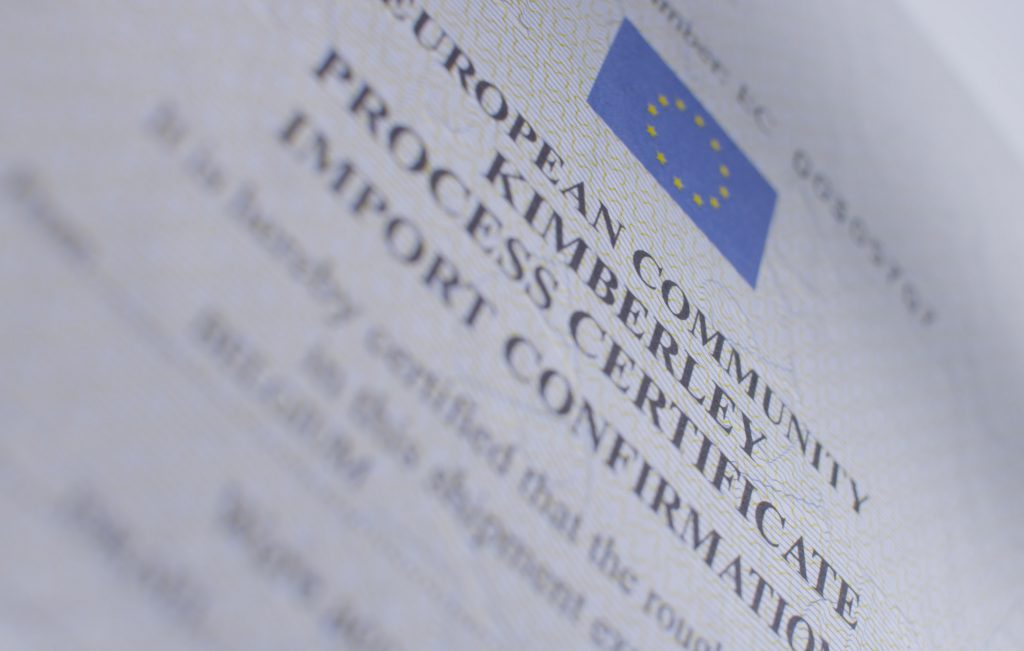
About
MJS Commodities is a leading privately held international trading company and a subsidiary of MJS Global Group.
Our team has 200+ years combined experience in the procurement and delivery of commodity products and services.
We specialize in the handling of every element involved in the international trade of physical commodities with the focus on high-quality agro products, precious metals, polished diamonds and gemstones, solid and liquid fuels, and hydrocarbon-free 100% biodegradable packaging we move soft and hard commodities from remote locations to where they are most needed – reliably, professionally and efficiently.
We operate, market and advice on multiple raw materials to various client segments around the globe, whether they are import-export businesses, financial institutions, governments and private investors, through the supply chain and bringing them wherever needed.
Our thoughtful services, diversified product lines, and relationships are advanced with integrity and honest straightforward dealing and go to great lengths to ensure professionalism, excellence, and peace of mind. Whether you’re a producer, an existing or potential partner in government or business, or an end-user we have the focus, passion, and commitment to get you closer to your markets.
We value the success and accomplishments of our principals as we value our company and people. By combining both of our visions, the results are limitless. Our attitude is making all possible efforts, instead of deeming it impossible, with a conviction to take the business deal to successful completion to enrich both our clients and our societies.
The Kimberley Process
The Kimberley Process started when Southern African diamond-producing states met in Kimberley, South Africa, in May 2000, to discuss ways to stop the trade in ‘conflict diamonds’ and ensure that diamond purchases were not financing violence by rebel movements and their allies seeking to undermine legitimate governments.
In December 2000, the United Nations General Assembly adopted a landmark resolution supporting the creation of an international certification scheme for rough diamonds. By November 2002, negotiations between governments, the international diamond industry and civil society organisations resulted in the creation of the Kimberley Process Certification Scheme (KPCS) . The KPCS document sets out the requirements for controlling rough diamond production and trade. The KPCS entered into force in 2003, when participating countries started to implement its rules.
Who is involved?
The Kimberley Process (KP) is open to all countries that are willing and able to implement its requirements. The KP has 54 participants, representing 81 countries, with the European Union and its Member States counting as a single participant. KP members account for approximately 99.8% of the global production of rough diamonds. In addition, the World Diamond Council, representing the international diamond industry, and civil society organisations, such as Partnership-Africa Canada, participate in the KP and have played a major role since its outset.
How does the Kimberley Process work?
The Kimberley Process Certification Scheme (KPCS) imposes extensive requirements (*) on its members to enable them to certify shipments of rough diamonds as ‘conflict-free’ and prevent conflict diamonds from entering the legitimate trade. Under the terms of the KPCS, participating states must meet ‘minimum requirements’ and must put in place national legislation and institutions; export, import and internal controls; and also commit to transparency and the exchange of statistical data. Participants can only legally trade with other participants who have also met the minimum requirements of the scheme, and international shipments of rough diamonds must be accompanied by a KP certificate guaranteeing that they are conflict-free.
The Kimberley Process is chaired, on a rotating basis, by participating countries. So far, South Africa, Canada, Russia, Botswana, the European Union, India, Namibia, Israel, the Democratic Republic of the Congo, the United States of America, South Africa, the Republic of China have chaired the KP, and Angola is the Chair in 2015. KP participating countries and industry and civil society observers gather twice a year at inter-sessional and plenary meetings, as well as in working groups and committees that meet on a regular basis. Implementation is monitored through ‘review visits’ and annual reports as well as by regular exchange and analysis of statistical data.
